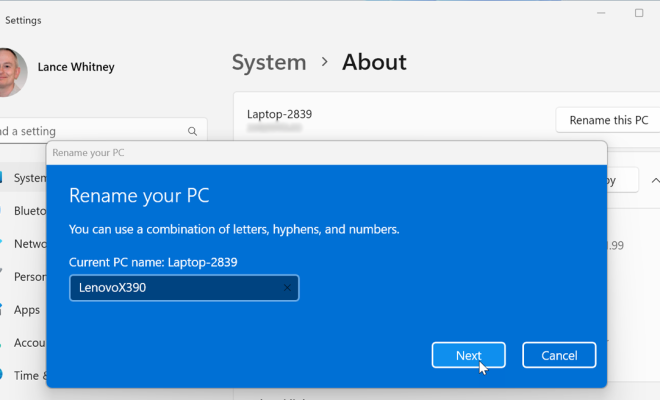What is a DNS Lookup?

A DNS lookup is an important function of any internet-connected device that enables it to resolve domain names into their corresponding IP addresses. DNS stands for Domain Name System, which is responsible for translating human-readable domain names, such as www.example.com, into machine-readable IP addresses, such as 192.168.1.1.
DNS lookups are essential for the functioning of the internet as we know it. They allow users to access websites, send and receive emails, and perform other online activities by providing a quick and efficient way to find and connect to servers around the world. Without DNS, users would have to remember hard-to-remember IP addresses for every website they access, which is not a practical solution.
When you enter a website address into your browser, the browser sends a request to a DNS server to resolve the domain name into an IP address. The DNS server then responds with the IP address, which the browser uses to connect to the server hosting the website. This process is known as a DNS lookup.
There are two types of DNS lookups – recursive and iterative. A recursive DNS lookup is where your device sends a request to its local DNS server, which then sends the request to a root DNS server, which then passes the request to the authoritative DNS server for the domain you are trying to access. The authoritative DNS server holds the IP address for the domain and sends it back to your device, which then connects to the server hosting the website.
An iterative DNS lookup is where your device sends a request to a DNS server, which then sends the request to another DNS server, which sends the request to another DNS server and so on until the authoritative DNS server is found. The process stops once the authoritative DNS server responds with the IP address for the domain.
DNS lookups can also be affected by a number of factors, such as internet congestion, network latency, and DNS server availability. In some cases, a slow or unresponsive DNS server can lead to delays in accessing websites or even prevent users from accessing them altogether. To mitigate these issues, some internet service providers offer their own DNS servers, which can provide faster and more reliable DNS lookups.
In conclusion, DNS lookups are an essential function of the internet and allow users to access websites quickly and efficiently. They work by translating human-readable domain names into machine-readable IP addresses, which are then used to connect to servers hosting the websites. Understanding how DNS lookups work can help users troubleshoot issues with their internet connection and ensure a smoother online experience.





